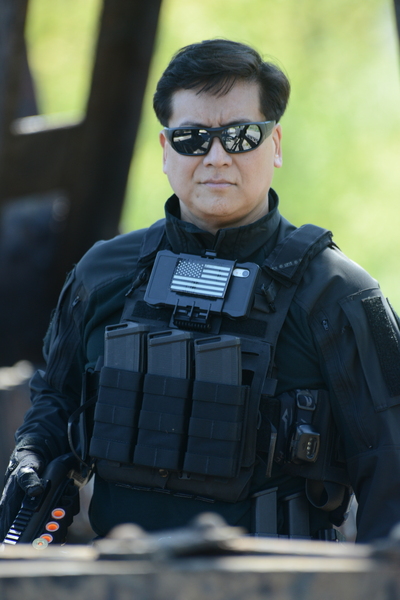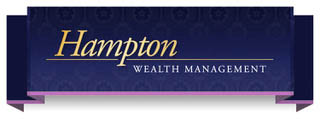However, over the years, I had gradually come to realize that being in the heat of battle was not the best place to be, due to the fog of war. Day trading, or swing trading during the tech bubble wasn’t necessarily the best thing for people, even though many people made money hand over fist. I took it to a further extreme and went on margin, eventually getting out 3 months early, before the bubble popped. The lesson learned was to step back and observe what is going on, and gain some battlefield perspective regarding what was going on around me.

During my time training in Brazilian Jiu-Jitsu, the first and most important step was to battle for superior position. Without it, no forceful submissions could be applied. Investing has been the same way, making sure all the right pieces are in place, before applying leverage (i.e. margin).
As I have become older and wiser, some of my tactics have become more passive – using index funds and rules-based ETFs, while still deploying a few active fund managers in the field being more tactical. My role has become more about monitoring and watchful waiting, intervening when necessary, and occasionally picking off a stock for old times sake when a client requests it, but generally my preference has been to play a more strategic role in asset allocation and portfolio construction. There are a lot of other considerations than what goes on in the traditional investing universe.
While things can get messy as the action unfolds, we always have to remember that, “We won’t rise to the level of our expectations, but will sink to the level of our training,” as the oft-quoted Archilochus once said. The flexibility and judgment to remain calm and to evaluate a dynamic situation is critical to investing success. The same rings true when training in firearms safety and fundamentals. Sometimes, inaction is better than taking unnecessary action. Stillness is still a conscious choice…
